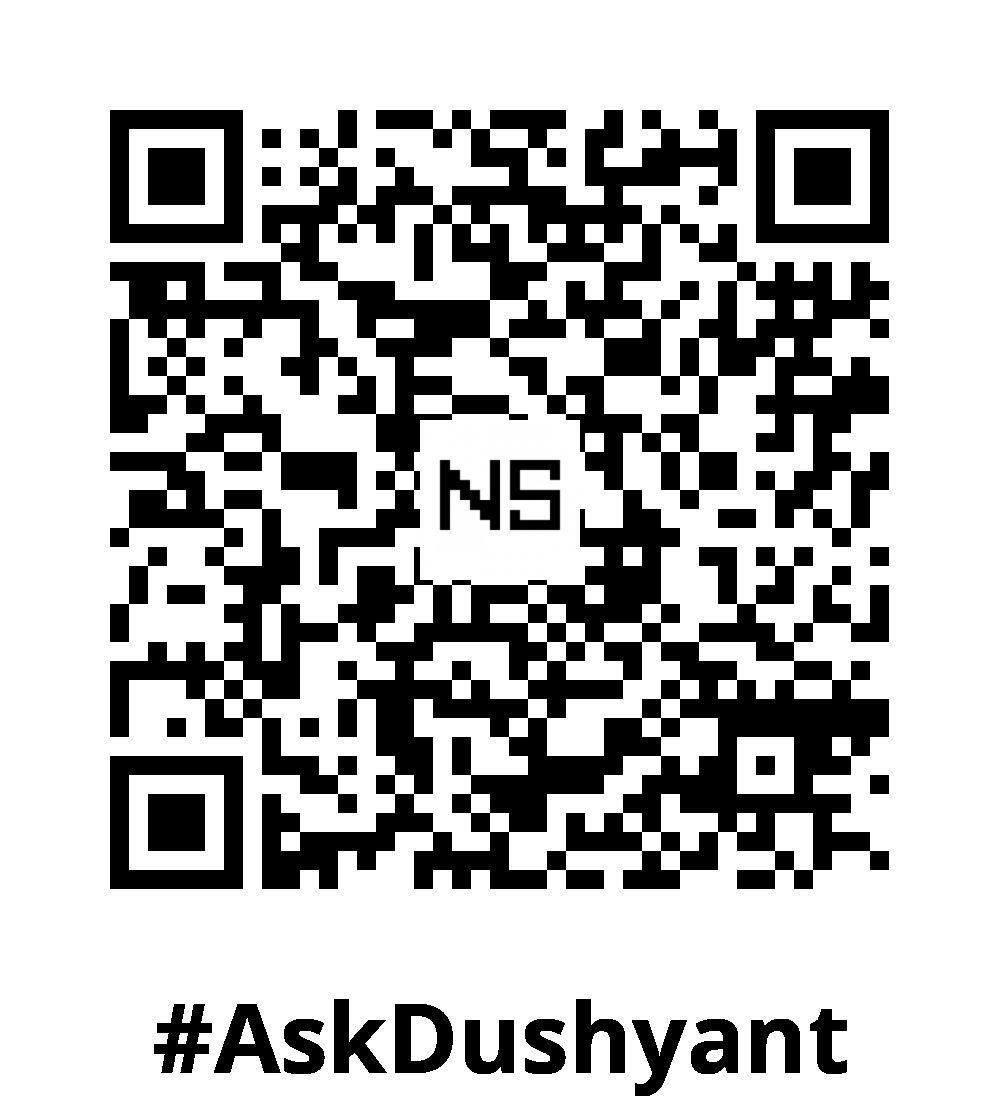Web crawling is a powerful technique that fuels search engines, market research, data analysis and AI model training. However, web crawlers must operate within legal and ethical boundaries to avoid violating terms of service or intellectual property rights. With 20 years of experience driving tech excellence, I’ve redefined what’s possible for organizations, unlocking innovation and building solutions that scale effortlessly. My guidance empowers businesses to embrace transformation and achieve lasting success. This tech concept, explains how robots.txt works, the legal implications of web scraping, and best practices to ensure compliance.
What is Web Crawling?
Web crawling, or web scraping, is the automated process of fetching and extracting data from websites. Businesses and researchers use crawlers for tasks such as:
- Search engine indexing (Googlebot, Bingbot, etc.)
- Price tracking and comparison
- Market research and trend analysis
- Social media sentiment tracking
- Lead generation and content aggregation
- AI model training
Despite its advantages, web crawling can lead to legal risks if done improperly. Understanding website policies and copyright laws is essential for compliance.
Robots.txt: The Gatekeeper for Web Crawlers
The robots.txt file tells crawlers which pages they can access. Located in a website’s root directory, it provides instructions on allowed and disallowed content.
How robots.txt Works
A robots.txt file consists of rules that web crawlers must follow:
User-agent: *
Disallow: /private/
Allow: /public/
Sitemap: https://example.com/sitemap.xml
Key Considerations
robots.txtis a guideline, not a law. Some malicious bots ignore it.- Blocking search engines may impact SEO. Ensure critical pages remain accessible.
- Respect crawl-delay settings. Websites may limit request frequency to reduce server load.
Ignoring robots.txt can lead to server bans or legal action if ToS violations occur.
Legal Aspects: Copyright and Terms of Service (ToS)
1. Copyright Concerns in Web Crawling
Copying website content without permission may infringe copyright laws. While web pages are publicly accessible, they are still protected under intellectual property regulations.
- Public content is not free to use. Reproducing material without authorization can lead to copyright claims.
- Fair Use Doctrine applies selectively. Educational and research purposes may qualify but must be justified legally.
- Database Rights in the EU protect against large-scale data extraction without permission.
Staying Compliant:
- Avoid scraping entire web pages or databases.
- Seek official API access for data retrieval.
- Attribute sources when referencing external content.
2. Terms of Service Violations
Many websites outline acceptable use policies in their ToS. Crawling against these guidelines can result in:
- IP bans or account suspensions
- Legal action for contract breach
- DMCA takedown notices
Best Practices for Compliance:
- Read and adhere to ToS agreements.
- Use official APIs whenever available.
- Respect rate limits to avoid overwhelming servers.
- Do not scrape private or sensitive data.
Ethical Considerations in Web Crawling
Responsible web scraping ensures positive relationships with website owners and compliance with legal standards.
- Minimize server impact. Avoid excessive requests that can slow down websites.
- Do not collect personal data. Scraping personal information without consent violates privacy laws.
- Be transparent. If applicable, disclose the purpose of data collection.
- Respect content restrictions. Avoid scraping behind paywalls or restricted areas.
My Tech Advice: In the tech world, web scraping remains an indispensable force driving modern advancements, including AI training. When used correctly, it becomes a powerful tool for innovation and progress. By following
#AskDushyantrobots.txt, understanding copyright laws, and respecting website ToS, you can extract data ethically and legally. Proper compliance protects your operations from legal risks while maintaining responsible data collection practices.
#TechConcept #TechAdvice #WebCrawling #Scraping


Leave a Reply